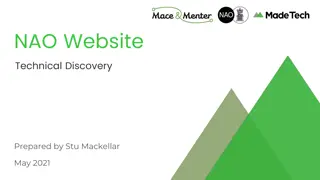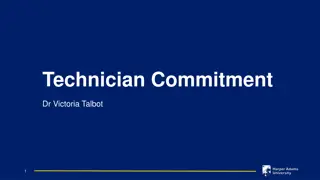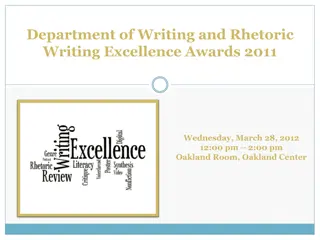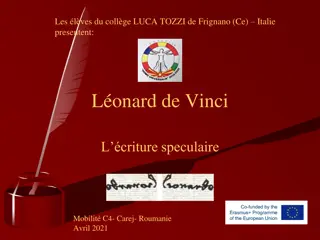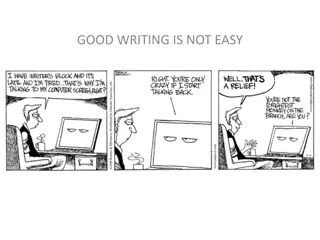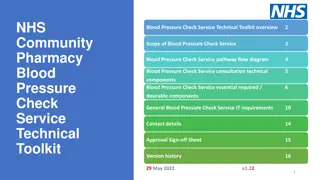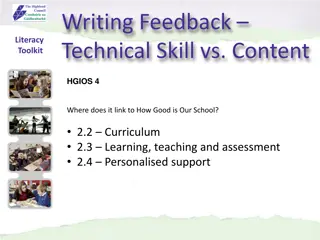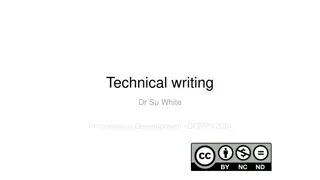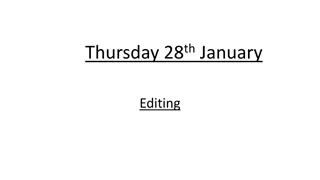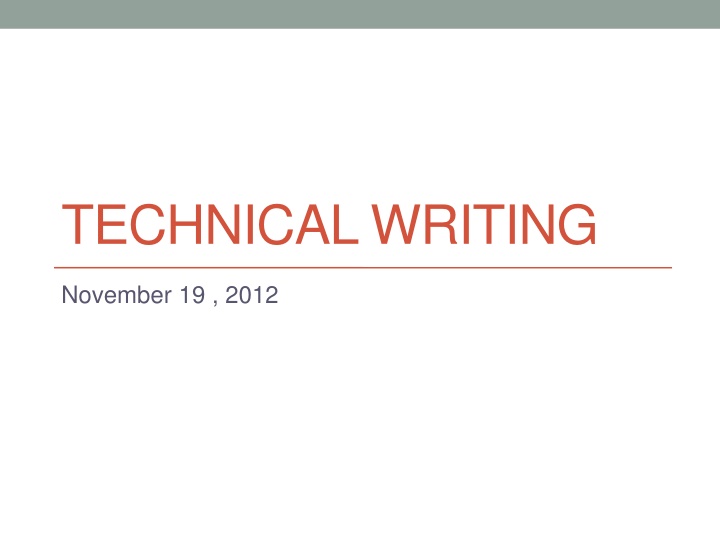
Effective Tone Exercises for Professional Communication
Improve your professional communication skills with these tone exercises that demonstrate the importance of language choice in conveying messages effectively. Learn how to strike the right balance between assertiveness and diplomacy in your written communications.
Download Presentation

Please find below an Image/Link to download the presentation.
The content on the website is provided AS IS for your information and personal use only. It may not be sold, licensed, or shared on other websites without obtaining consent from the author. If you encounter any issues during the download, it is possible that the publisher has removed the file from their server.
You are allowed to download the files provided on this website for personal or commercial use, subject to the condition that they are used lawfully. All files are the property of their respective owners.
The content on the website is provided AS IS for your information and personal use only. It may not be sold, licensed, or shared on other websites without obtaining consent from the author.
E N D
Presentation Transcript
TECHNICAL WRITING November 19 , 2012
Today Intro to short reports (proposals)
Tone Exercises. 1. Northern must ask for help from Vardizon. - This is an order. - ask & help are informal terms. Northern should request assistance from Vardizon.
Tone Exercises. 2. The manager will not inform you about the malfunction. You must investigate the matter yourself. - Use hedging to avoid directly giving responsibility if you are uncertain. - This is an order. The manager may fail to inform you about the malfunction. Perhaps you should investigate the matter yourself. In the event that the manager does not inform you about
Tone Exercises. 3. First, determine what caused the reduction in sales. - Another order. You should first determine what caused the reduction in sales.
Tone Exercises. 4. Your mistake was that you delayed your decision so long. - Too critical. - Lacks specific information. If you had not postponed your decision, you could have avoided <ISSUE>.
Tone Exercises. 5. Note that it was silly for the company to buy those products at such a high cost. - Too critical and uses informal language. The company should not have purchased those products at such a high cost.
Tone Exercises. 6. You need to figure out which employees lack the necessary skills to manufacture rings. - Order. You should determine which employees lack the necessary skills to manufacture rings.
Tone Exercises. 7. Note that you have to reconsider the new proposal. - Order. I suggest reconsidering the new proposal.
Tone Exercises. 8. The problem with your company is that a number of your managers are not working efficiently. You need to consider how you may improve the quality of their work. - Too critical. - Yet another order. Unfortunately, a number of your managers are not working efficiently. I suggest you evaluate how you may improve the quality of their work.
Tone Exercises. 9. I am not an expert in this subject, but I will try my best to analyze this problem. - Negative assessment of the writer. Based on the information you provided, I will analyze the problem.
Tone Exercises. 10. My recommendations have helped you determine ... - Arrogant. Hopefully my recommendations will help you determine My recommendations should be useful in determining
This letter, written by a native English-speaking person from the U.S. The recipient is an English as a foreign language speaker in Argentina. Notice the use of unclear phrases, slang, and culturally-sensitive language, making this document potentially difficult to understand for the recipient. This document highlights the importance of audience analysis (always consider your analysis). The author here does not consider his audience and the linguistic and cultural aspects of the audience.
Unclear date line Informal salutation (creating a nickname for an unfamiliar recipient). The opening is impolite and disrespects the recipient s status by using colloquial language. Condescending tone We are so glad we can help you guys out. Constant use of culturally relative (North American) idioms and abbreviations. Ignores time differences (and assumes the reader uses a 12 hour clock instead of the standard 24 hour clock). Ignores differences between Fahrenheit/Celsius scales. Impolite closing.
The following slides detail some of the confusing terms and phrases (mostly idioms) from this letter.
- Drop you a line contact you - Touch base - give you the lowdown on - give you the information tell you about - -praised your operation to the hilt gave a lot of praise - spoke volumes about/to the - demonstrated - At any rate - anyways - Ins and outs - details - Department struc. structure struc. structure
- Im hoping youll be able to see ways to streamline I hope we can find ways to Hopefully we can find ways to -I hope we can find methods to I d appreciate your reciprocating with all the relevant data stat. I would appreciate you sending the relevant statistics - Prod. Eff. Quotas production efficiency product efficiency
- I hope this is doable I hope this is possible I hope we can do this. - I understand that all of this is in the works is in its initial stages is a work-in-progress have a face-to-face have a meeting
I wanted to drop you a line = I wanted to contact you/ tell you something. before the merger hits = before the merger (happens) Good old U.S. of A. = the U.S.A. None of us had a clue that . = None of us knew I don t have a clue In doing so touch base = establish contact Lowdown = information or details
Smartboard T-C spoke volumes to the tech people - give a lot of information - be interesting*** His fashion speaks volumes about his personality. Who praised the operation to the hilt. = gave much praise to the operation. Department struc prod. Eff quotas AVOID ABBREVIATIONS 5-9-11 = date May 9, 2011 9 May 2011
I would like to give you a ring. = I want to call you. We ve had a spell of . Spell = period.
The next slide provides an example of an effectively revised version of the above letter. The revised version is much more likely to build mutual trust and cooperation between the sender and recipient by expressing a clear message and demonstrating courtesy and understanding on the sender s behalf.
Clear date line Uses appropriate title for reader Complete and accurate address Courteous salutation Clear and diplomatic opening Respectful view of reader s company Explanation of business procedures in plain, clear English Recognition of reader s time zone Appropriate, polite close Sender provides his title


